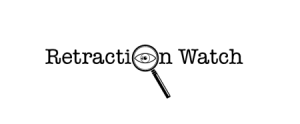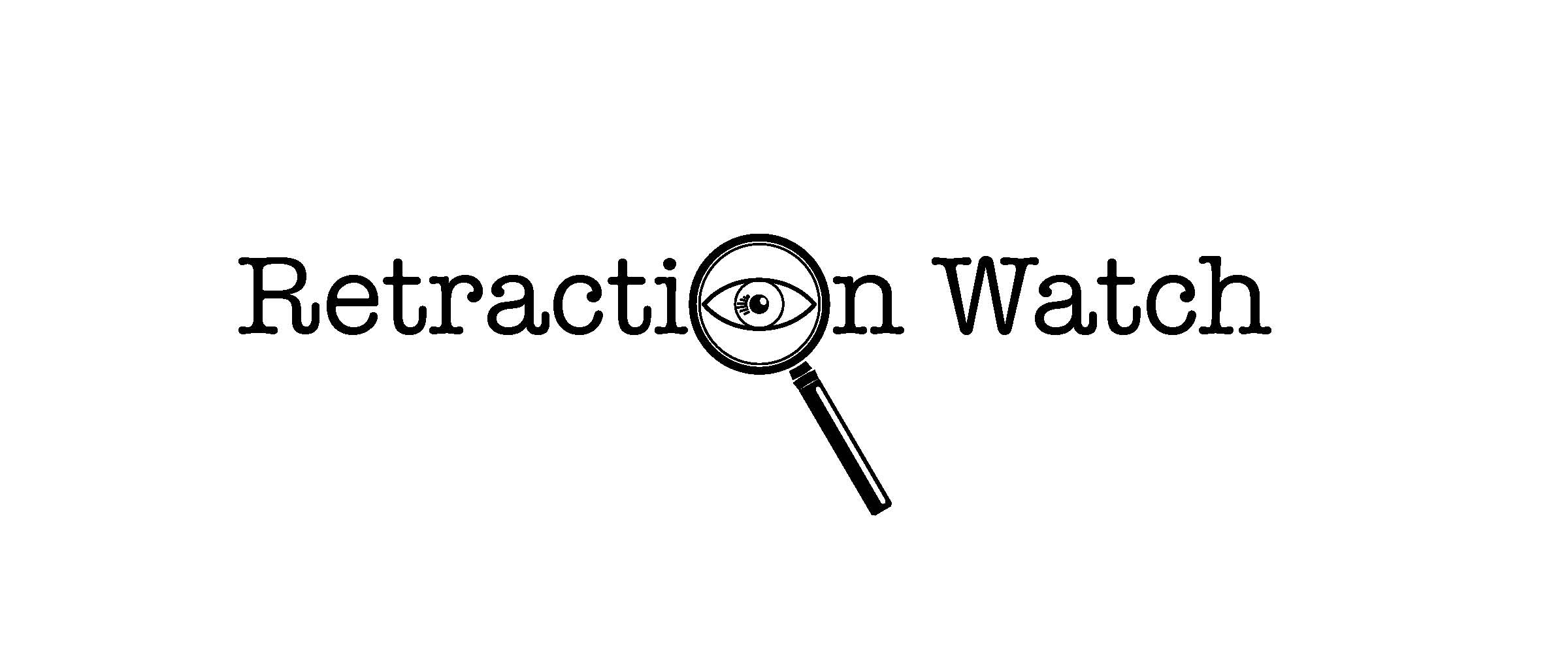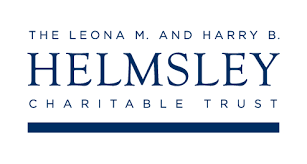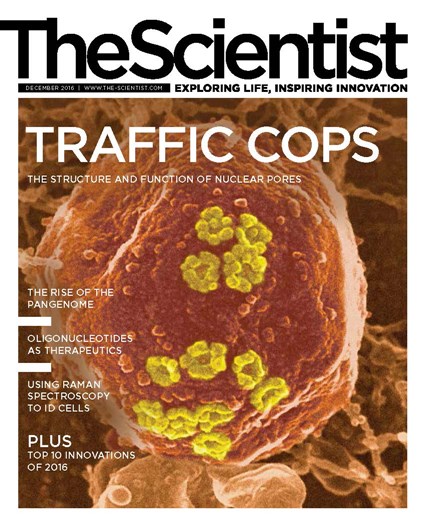 Did you miss some of this week’s posts? Here they all are, in one handy roundup: Continue reading The RW week in review: Doing the right thing, two journals’ first retractions
Did you miss some of this week’s posts? Here they all are, in one handy roundup: Continue reading The RW week in review: Doing the right thing, two journals’ first retractions
Category: RW announcements
Meet our new staff writer, Andrew P. Han

Please welcome Andrew P. Han, the newest addition to the Retraction Watch team.
Andy comes to Retraction Watch and the Center for Scientific Integrity from GenomeWeb, where he covered the explosion of CRISPR/Cas9 into the research and biotech scene over the last several years. He has also freelanced for Wired.com, Popular Mechanics.com, Newsweek, and Food & Wine.
Andy’s beat at Retraction Watch will of course be retractions, but he’ll also be helping us broaden our coverage of the intersection between scientific misconduct at the law — so if you have court documents or stories, send them along.
Announcing the DiRT Award, a new “doing the right thing” prize — and its first recipient
 It takes a lot of work to clean up the scientific literature, and some researchers and organizations deserve special recognition. That’s why we’ve established a “doing the right thing” category when we see praise-worthy progress in individual retractions, and have now gone a step further: We’ve created the DiRT Award, a new annual prize to recognize particularly note-worthy behavior.
It takes a lot of work to clean up the scientific literature, and some researchers and organizations deserve special recognition. That’s why we’ve established a “doing the right thing” category when we see praise-worthy progress in individual retractions, and have now gone a step further: We’ve created the DiRT Award, a new annual prize to recognize particularly note-worthy behavior.
As our co-founders announce today in STAT, the first recipient of the DiRT Award is the American Diabetes Association (ADA). Regular readers may suspect why — here’ a hint — but to learn more about the award, and why it’s going to the ADA, check out our co-founders’ STAT column out today. Continue reading Announcing the DiRT Award, a new “doing the right thing” prize — and its first recipient
Thank you, Helmsley Charitable Trust: $325,000 grant renewal will help us build a sustainable future
 We’re very pleased to announce an 18-month grant renewal for $325,000 from The Leona M. and Harry B. Helmsley Charitable Trust to The Center For Scientific Integrity, our parent non-profit organization.
We’re very pleased to announce an 18-month grant renewal for $325,000 from The Leona M. and Harry B. Helmsley Charitable Trust to The Center For Scientific Integrity, our parent non-profit organization.
The generous funding from the Helmsley Charitable Trust will allow us to build on the work funded by our original Helmsley grant. Continue reading Thank you, Helmsley Charitable Trust: $325,000 grant renewal will help us build a sustainable future
“Publications of questionable scientific value:” A scientist models a potential prom date

Eve Armstrong had an important question: How would things have turned out if she had summoned the nerve to ask a certain Barry Cottonfield to her high school’s junior prom in 1997? Continue reading “Publications of questionable scientific value:” A scientist models a potential prom date
Meet the latest addition to our team, Victoria Stern
 Please join us in welcoming our newest staff writer, Victoria Stern, to the Retraction Watch team.
Please join us in welcoming our newest staff writer, Victoria Stern, to the Retraction Watch team.
Vicky first worked with editor Alison McCook in 2009 at The Scientist. Since then, she has been freelancing for a number of outlets, including Medscape, Scientific American Mind (where she became a contributing editor), General Surgery News, MedPage Today, and Reuters Health.
Funding for Vicky’s position is primarily thanks to Continue reading Meet the latest addition to our team, Victoria Stern
Happy birthday, RW Daily. Have you signed up yet?
 A year ago tomorrow, we announced that we were starting The RW Daily, an email that would summarize the previous day’s news and link to other relevant stories elsewhere — a sort of sneak peek at Weekend Reads.
A year ago tomorrow, we announced that we were starting The RW Daily, an email that would summarize the previous day’s news and link to other relevant stories elsewhere — a sort of sneak peek at Weekend Reads.
In about six and a half years, we’ve published more than 3,600 posts; that’s a lot of science publishing news. For people who feel overloaded by individual email alerts every time a new post appears, a daily digest is a good option. Here’s today’s, if you want to take a look. If you haven’t already, click here to subscribe. Continue reading Happy birthday, RW Daily. Have you signed up yet?
The Retraction Watch 2016 year in review — and a sneak peek at our database
 It’s been another exciting year for us at Retraction Watch. As always, there has been more to cover than we have time for. At the same time, we’ve expanded our efforts in other media, telling bigger stories and offering more analysis. And we’ve made major progress on our database — more on that in a moment.
It’s been another exciting year for us at Retraction Watch. As always, there has been more to cover than we have time for. At the same time, we’ve expanded our efforts in other media, telling bigger stories and offering more analysis. And we’ve made major progress on our database — more on that in a moment.
A sampling of what happened this year: Continue reading The Retraction Watch 2016 year in review — and a sneak peek at our database
We removed a post temporarily. It’s back. Here’s why.
 On December 15, we removed a post from view as a result of a law that some have misused to have content removed from the web. Today, we have reinstated that post.
On December 15, we removed a post from view as a result of a law that some have misused to have content removed from the web. Today, we have reinstated that post.
Here’s what the post about, if you’re curious: Continue reading We removed a post temporarily. It’s back. Here’s why.
The top 10 retractions of 2016
 It’s that time again, when top-10 lists start appearing — and we’re no exception.
It’s that time again, when top-10 lists start appearing — and we’re no exception.
So check out our list of the 10 most noteworthy retractions of the year, posted by our friends at The Scientist.
Like Retraction Watch? Consider making a tax-deductible contribution to support our growth. You can also follow us on Twitter, like us on Facebook, add us to your RSS reader, sign up on our homepage for an email every time there’s a new post, or subscribe to our daily digest. Click here to review our Comments Policy. For a sneak peek at what we’re working on, click here.